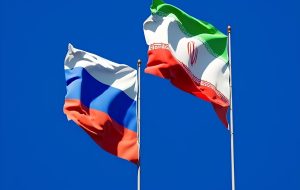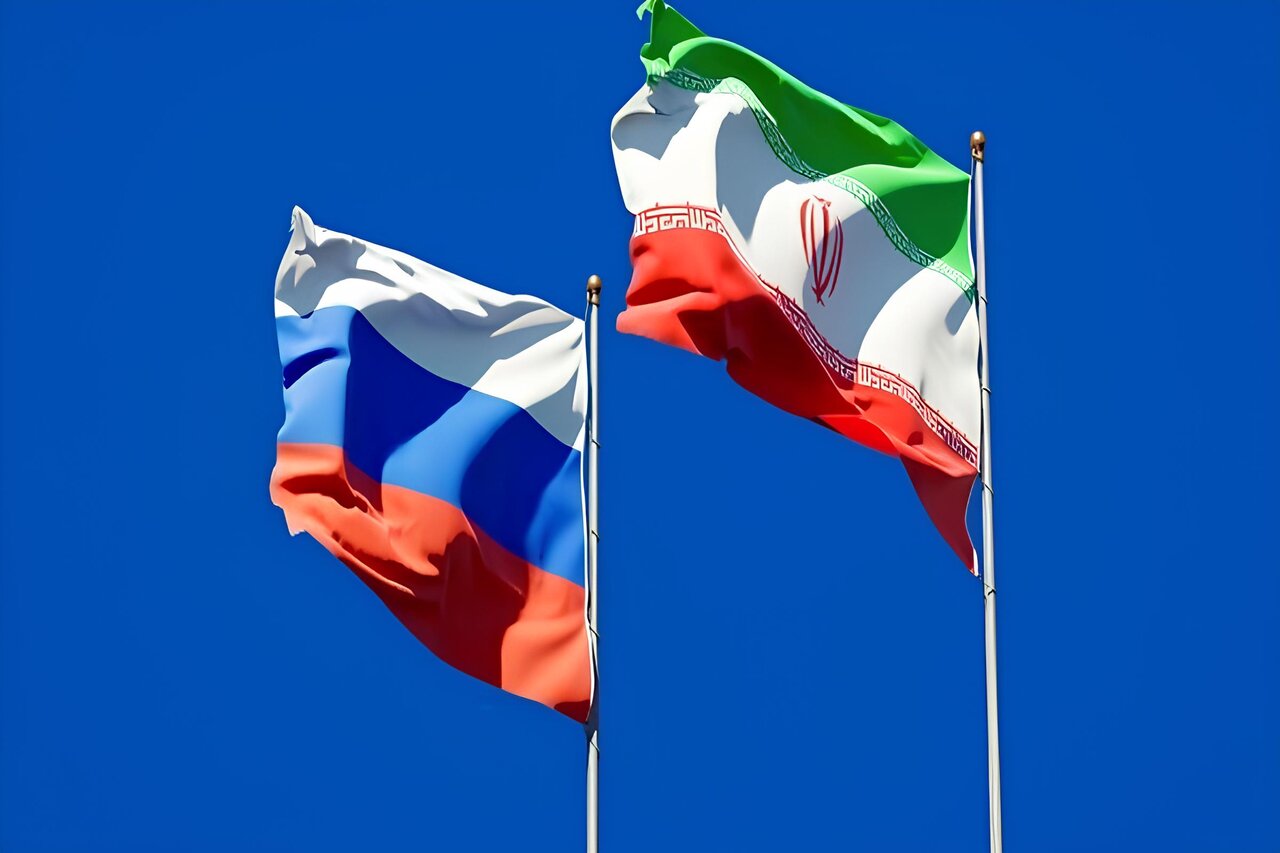Iran-Russia defense, security ties to expand under pending strategic pact
TEHRAN – Russia’s deputy foreign minister has revealed that a forthcoming comprehensive strategic partnership treaty between Tehran and Moscow will encompass defense and security cooperation, marking a significant expansion of bilateral ties. In an interview with TASS news agency, Andrei Rudenko confirmed the broad scope of the new agreement while maintaining discretion about specific details.


TEHRAN – Russia’s deputy foreign minister has revealed that a forthcoming comprehensive strategic partnership treaty between Tehran and Moscow will encompass defense and security cooperation, marking a significant expansion of bilateral ties.
In an interview with TASS news agency, Andrei Rudenko confirmed the broad scope of the new agreement while maintaining discretion about specific details.
“I would only note that it will meet challenges and requirements of our time and cover almost all current and promising spheres of Iranian-Russian cooperation, including defense and security,” Rudenko said.
The new treaty builds upon a previous strategic agreement established in 2001, which focused on industry, technology, security, energy, and nuclear power plant development.
While the original agreement has been extended until 2026, both nations have agreed to draft a new, more comprehensive long-term partnership.
Rudenko emphasized the evolution of bilateral relations over the past twenty years, noting that Russia is “closely coordinating approaches with its Iranian friends and taking necessary measures to strengthen peace and security in the region.”
Iran’s Ambassador to Russia, Kazem Jalali, recently indicated that the path to finalizing the agreement is clear, with both nations working to schedule President Pezeshkian’s Moscow visit for the official signing ceremony of the new treaty.
The enhanced partnership agreement is expected to be more comprehensive than its predecessor, incorporating various sectors including energy, industry, transport, and agriculture, alongside the newly emphasized defense and security components.
